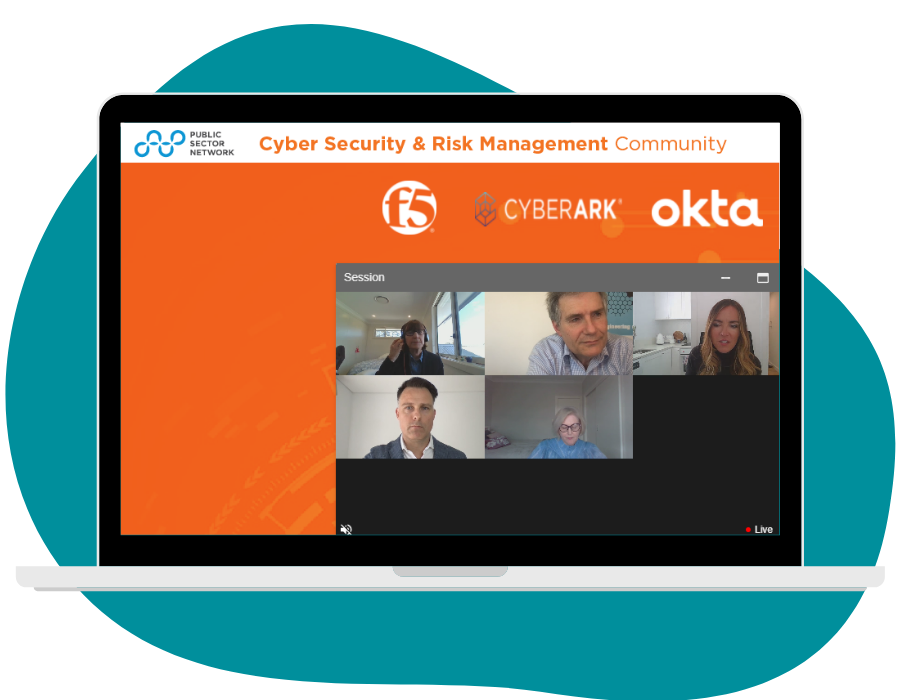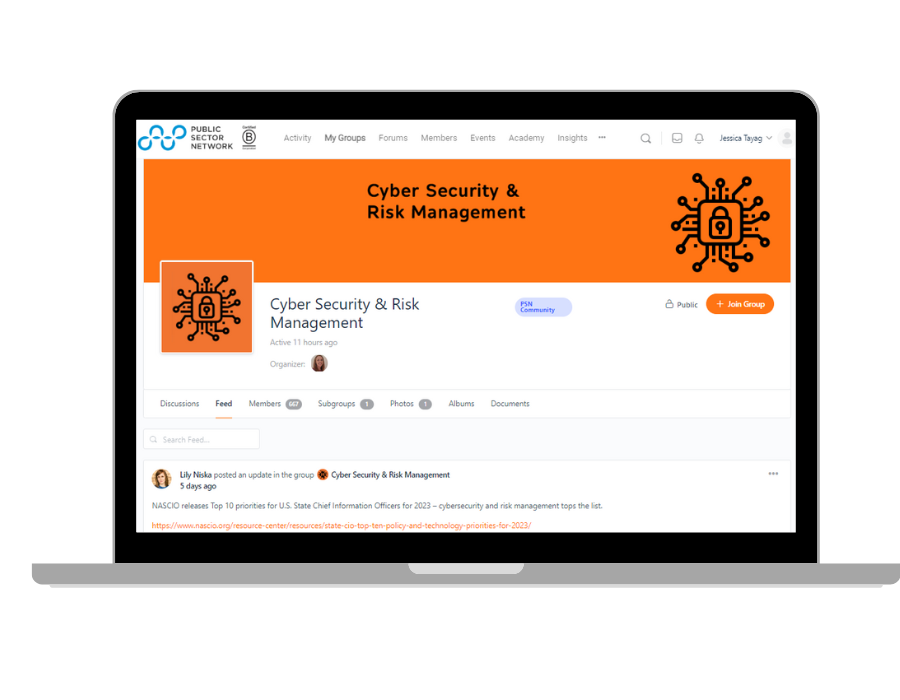
Translating your Cyber Security Expertise
for Non-Technical Stakeholders
Thursday 27 April 2023 | 9:00 AM – 4:30 PM AEST | Online
Training Overview
Build Confidence | Sharpen Negotiation and Persuasion Skills | Know your Audience
Cyber security specialists and experts hold enormous power to influence, affect change and power transformation — even if you don’t know it. As the events of 2022 have shown us, it is no compliance is no longer enough. Organisations – particularly government organisation (as custodians of sensitive data) and institutions based on trust your expertise is more essential than ever.
However, tapping into your technical expertise to drive and influence important business decisions doesn’t come naturally to all cyber security specialists. But as you have seen, having the knowledge and expertise is only part of the equation. Building trust and credibility by shaping powerful messages that resonate with your non-technical stakeholders – from end-user, multi-disciplinary teams and executives – is more important than ever. Even if they recognise the importance of cyber security initiatives, getting them to buy-into vigilance is a challenge.
The Translating your Cyber Security Expertise for Non-Technical Stakeholders workshop will help you to tap into and hone your communication, negotiation, persuasion and listening skills on your journey to becoming a better Cyber Security Leader. Through an innovative mix of presentations, interactive group discussions and structured expert feedback, you will leave this course with a practical, hands-on tool kit to communicate your technical expertise, understand your non-technical audience and navigate high-pressure and difficult situations.

Who Should Attend
This course is designed for analysts, architects, executive directors, specialists, directors, heads, managers and advisors in charge of transforming all three levels of government including:
Cyber, IT, ICT and Data Security
Audit and Resilience
Risk and Compliance
Learning Outcomes
Learn how to break down complex technical concepts and uncover what matters to your non-technical stakeholders
Sharpen your communication skills to help you organisation navigate new threats
Translate your cyber security expertise to drive a cultural shift towards vigilance
Understand how you can progress your leadership journey and tailor powerful messages than spurn action
Meet Your Facilitator

Rochelle Fittler
Co-Founder and Director
The Expert Leader
Rochelle is a former CIO, Operations Manager, and Senior International Liaison Officer, with the skills to handle each of these highly challenging and very different roles. After more than 20 years in the Defence and Intelligence Sector, Rochelle is pursuing her passion for building leadership potential in others. Rochelle’s background in science and analysis means she loves exploring the latest rigorous research on leadership and considering how this applies to practical technical and operational challenges.
Rochelle has previously led foundational technology review programs, established new technical intelligence and operational capabilities, and negotiated international cooperation agreements. Rochelle’s superpower is in her collaborative approach. She believes that people rarely achieve anything that is worth achieving alone and brings a strong relationship focus to her coaching.
Key Sessions
The Fundamentals of Communicating Expertise
- PSN Welcome and Introductions
- Training overview, objectives and outcomes
- Ice-breaker and meet and greet
- Introduction to the Elements of Communicating Expertise
- Translating your technical expertise for a non-technical audience
- Aligning IT and technology insight into the larger strategic business framework
- Focusing on the Why; why does your insight matter; and how does it affect your audience?
- Effective Listening in Practice
- The foundation of becoming an effective listener
- Understanding the importance of listening and its role in promoting organisational relationships, encouraging product delivery and innovation and navigating periods of change
- Practical guidelines to improve your listening skills
- Communicating to Connect
- Understanding your audience: Uncovering the aspects of your expertise that resonate with them
- Learning to ask the right questions
- Communicating to engage and connect: Finding a balance between clarity and detail
The Art of Negotiation and Persuasion
- Communicating Authoritatively
- Creating an aura of expertise through demonstration
- Communicating with credibility and trust in practice
- Imbibing consistency in your messaging: Constant, repeatable and regular
- Negotiating and Persuasion to Drive your Cyber Security agenda
- The difference between negotiation and persuasion and identifying the best situations for each approach
- Creating your message for negotiation vs. persuasion
- Forming a link between your message and how it affects your audience and the organisation at large
- Group Activity: Communicating for Influence in Action
In this session, you will evaluate press conferences which involve specialists or experts. Additionally, you might want to look at some historical state COVID updates from the past couple of years, or state Premiers briefing on the response to the recent flooding events in NSW and Qld. We’ll be talking about the different approaches that these experts and specialists use to get their message across.
Mastering Difficult Situations
- Thinking on Your Feet: How to Find Your Voice and Communicating Effectively Under Pressure
- Thinking calmly and gathering information
- How to practice decisiveness in stressful scenarios: Tips and tactics
- Silver linings: Building trust and forging relationship in conflict
- Giving and Receiving Feedback in a Constructive and Empathetic Way
- The importance of empathy in giving feedback
- Constructive feedback in action
- On the receiving end: How to take onboard feedback in a meaningly way
- Communicating a Big Idea to Change the World:
In this session, you will work on the “Big Idea to change the world” that you have been asked to come to the event with. By “world” we simply mean something that matters to you. It could be an idea to change something for your team, your organisation, your family or community, but it needs to be something that will require you to convince other people that your idea is a good one, and then to act on it. You don’t need to have it fully formed, or perfectly polished. Now apply the tools and techniques learned today to build a communication strategy to convince your key stakeholders, including non-technical stakeholders, that this is a good idea.
Delivering your Pitch
- Break-out Group Activity: Deliver the Pitch
- Pitch your big idea to the group, as you would be the key stakeholder both inside and outside the organisation
- Draw on course frameworks, tools, and techniques to justify your pitch
- Benchmark against your peers
- Wrap-up and Evaluation
- Receive professional feedback from facilitator
- Draw on peer observations
- Be referred to further resources for building best practices and top tips
Registration
Final Price
$1195
per person + GST
Interested In Learning More?

